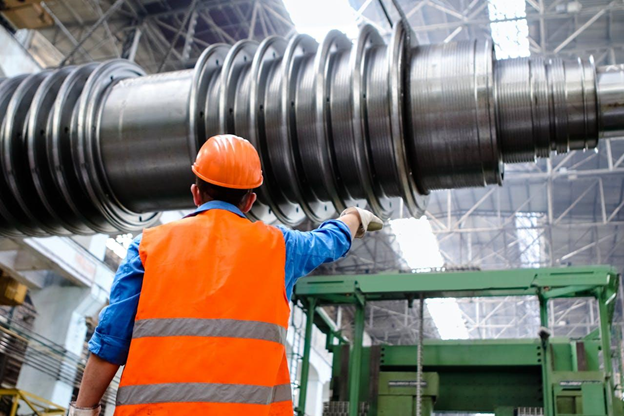Industrial boilers are an integral part of many manufacturing processes, providing the necessary heat energy for efficient production of goods. Therefore, maintaining their efficiency and life span is crucial for continuous operation with minimal costs.
Proper care and upgrades can considerably enhance the lifetime of these key components while boosting performance and dependability. In this blog post, we will discuss five essential ways of improving an industrial boiler’s efficiency and increasing its lifespan.
Frequent Maintenance and Inspection
Boilers experience a lot of stress due to constant use, which makes them wear out faster. Regular check-ups enable early detection of potential problems before they become major challenges.
Moreover, it is crucial that during inspections look for leaks as well as assess safety valves, seals, and other safety items’ condition, to check whether they are in operational order.
Washing tubes as well as burners inside the boiler can prevent soot buildup or other deposits that hinder efficiency by cleaning internal parts. Scheduling regular maintenance in addition to inspections also brings great benefits, like reduced downtime periods.
Hiring Heating Contractors
Heating contractors are skilled in troubleshooting and maintaining boilers. It is important to partner with experienced contractors with a deep understanding of boiler operations to identify emerging matters promptly.
A reliable heating contractor may also offer suggestions on how to increase efficiency while optimizing boiler operations or suggest necessary upgrades for preventive maintenance programs.
They possess invaluable skills that help you maintain peak efficiency and minimize the occurrence of unexpected breakdowns, therefore increasing your boilers’ lifespan.
Implementing a Water Treatment Program
Water quality contributes significantly to the efficiency and durability of an industrial boiler, as impurities like minerals or dissolved gases could lead to scale formation, corrosion, or fouling of various parts.
Consider implementing a strong water treatment plan before such issues occur. A typical water treatment program involves filtration and removal of impurities, controlling pH levels using chemicals to prevent scaling and regular water quality monitoring.
Therefore, clean and treated water that has been effectively treated cannot damage any part of the boiler; it also helps reduce maintenance frequency by ensuring optimum heat transfer.
Optimal Load Management of the Boiler
Efficient operation of the boilers requires that they operate at their optimal loads. However, frequent starts, excessive cycling, and running at low loads can lead to inefficiency as well as increased tear and wear.
Maintaining steady and efficacious boiler operations can be made possible by implementing load-controlling approaches like load shedding and demand response programs.
Monitoring boiler loads closely for them to function within their optimum range ensures that fuel consumption improves while lowering stress on relevant components, increasing their life span.
Training and Education for Operators
In order to achieve high efficiency and a long life span, the operators must be trained in best practices. Properly trained operators can identify potential issues early, perform routine maintenance tasks, and adjust operating parameters to optimize efficiency.
Operators should be provided regular training sessions or workshops on safety protocols, best practices as well as latest technology trends. Encouraging operators to take a proactive approach to boiler management can lead to improved performance, reduced downtime, and longer equipment life.


